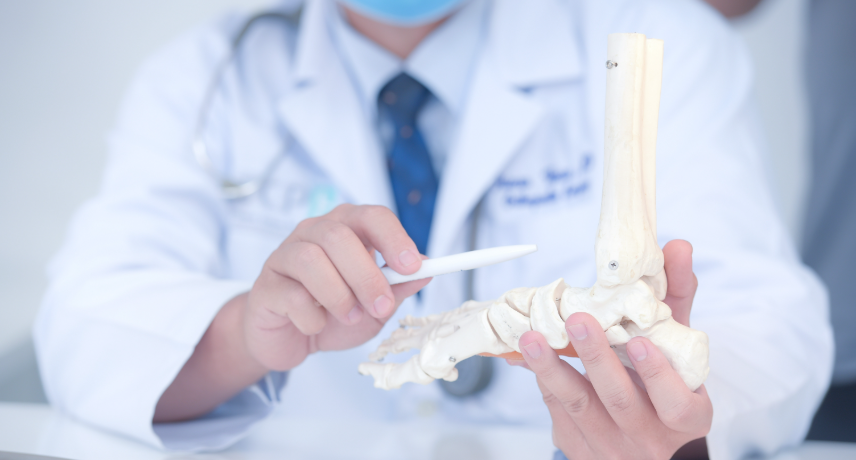You would need to seek the help of orthopaedic specialists if you suffer from musculoskeletal disorders. So, if you have issues with your bones, tendons, ligaments or muscles, these medical experts can get to the bottom of the condition and develop a care plan. But, before you head to them, you must have a working knowledge about orthopaedic treatments in general. Here, we share a comprehensive guide that can help you:
Diagnosis and Evaluation
- Clinical assessment - In this part of the checkup, the orthopaedic specialist will go through your medical history and assess your symptoms through a general physical examination.
- Tests - Next, the doctor might order some imaging tests to rule out or confirm certain disorders or conditions. MRI scans, X-rays and CT scans are some of the common tests ordered to reveal bone and muscular conditions. Additionally, the doctor may also prescribe blood tests to diagnose certain musculoskeletal diseases, such as arthritis.
Common Orthopaedic Conditions
- Fractures and injuries to the bone can require a visit to the orthopaedic department.
- Osteoporosis is another condition where orthopaedic treatment is necessary. In it, the bones are weakened significantly and susceptible to breaking.
- Osteoarthritis and rheumatoid arthritis patients also have to consult orthopaedic specialists.
- Ligament injuries can be highly painful and their treatment requires the specialised services of orthopaedics.
- Another common condition is tendonitis, where a tendon becomes inflamed or there is significant irritation of the tendon.
Non-surgical Treatment
- Physical therapy - Orthopaedic specialists can help rehabilitate patients with major mobility issues in their joints. This can be done through regular physical therapy treatments.
- Medications - Apart from physical therapy, these doctors may also prescribe certain drugs to accelerate recovery.
- Help with lifestyle changes - Orthopaedic specialists can also aid you by suggesting lifestyle changes to speed up the healing process or reduce damage. They can formulate a diet and a routine exercise regimen to help.
Surgical Treatments
- Joint replacement - Often, orthopaedic treatment can involve invasive procedures, such as a joint replacement. In these types of surgeries, a prosthetic joint is implanted in your body, while the original damaged joint is taken out.
- Arthroscopy - They can also undertake a minimally invasive procedure to treat joint disorder, known as arthroscopy.
Prevention and Predictive Treatment
- Strength training and other exercises - Orthopaedic specialists can suggest specific exercises that can prevent your musculoskeletal conditions from worsening.
- Safety measures - They can also provide tips to maintain safe posture while undertaking physically stressful activities. Or, they may help you to understand how to limit strain on your neck and lower back in your day-to-day activities.
Looking for information on orthopaedic treatment?
If you are searching online with phrases such as "orthopaedic treatment for joints" or "orthopaedic treatment price", explore our Department of Orthopaedics. We offer various forms of orthopaedic treatments, including Trauma, Paediatric Orthopaedics, Sports Medicine, Joint Replacement, and others. For joint replacement, our department has more than 22 years of experience in conducting successful surgeries for hip, knee, elbow, and shoulder joint replacements. Under sports medicine, our orthopaedic specialists are adept at performing ankle, hip, knee, shoulder, and elbow Arthroscopy.
